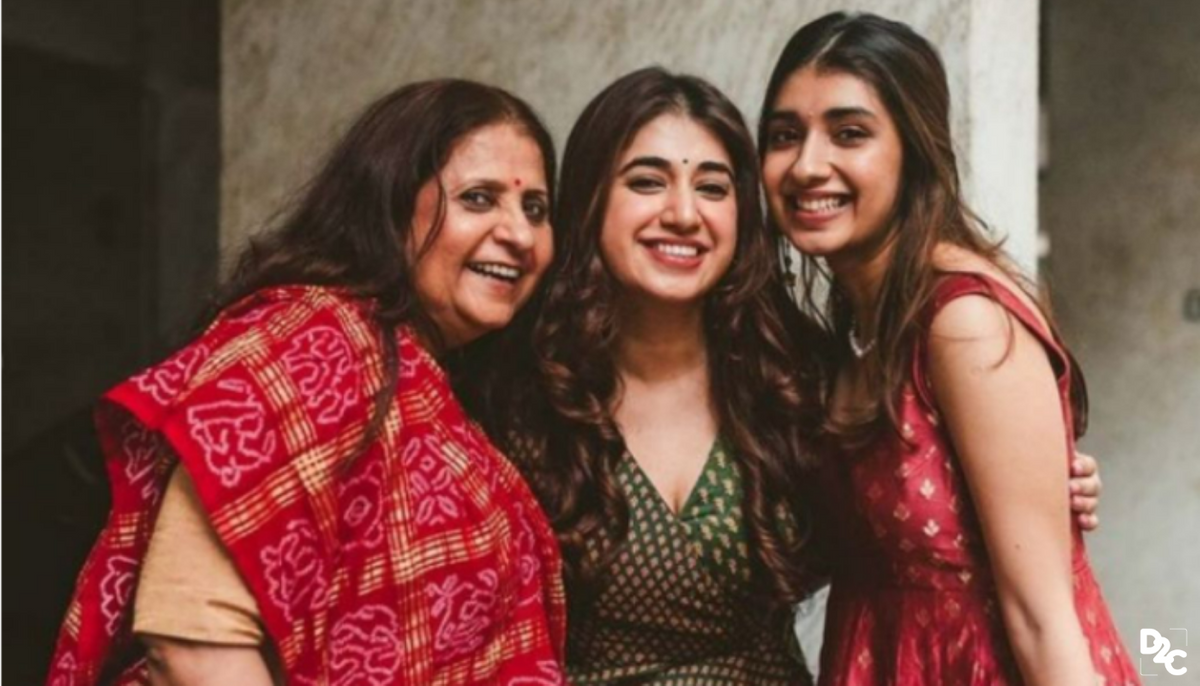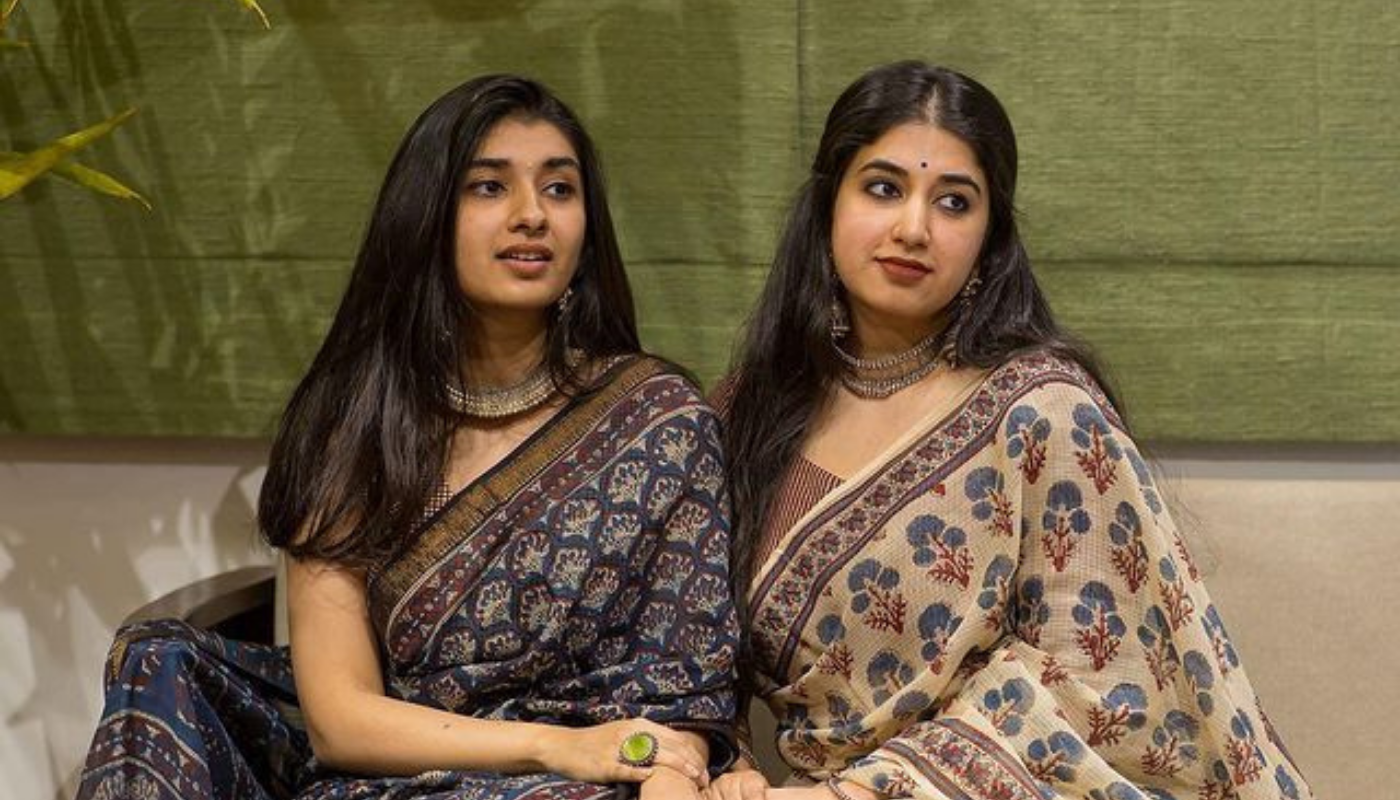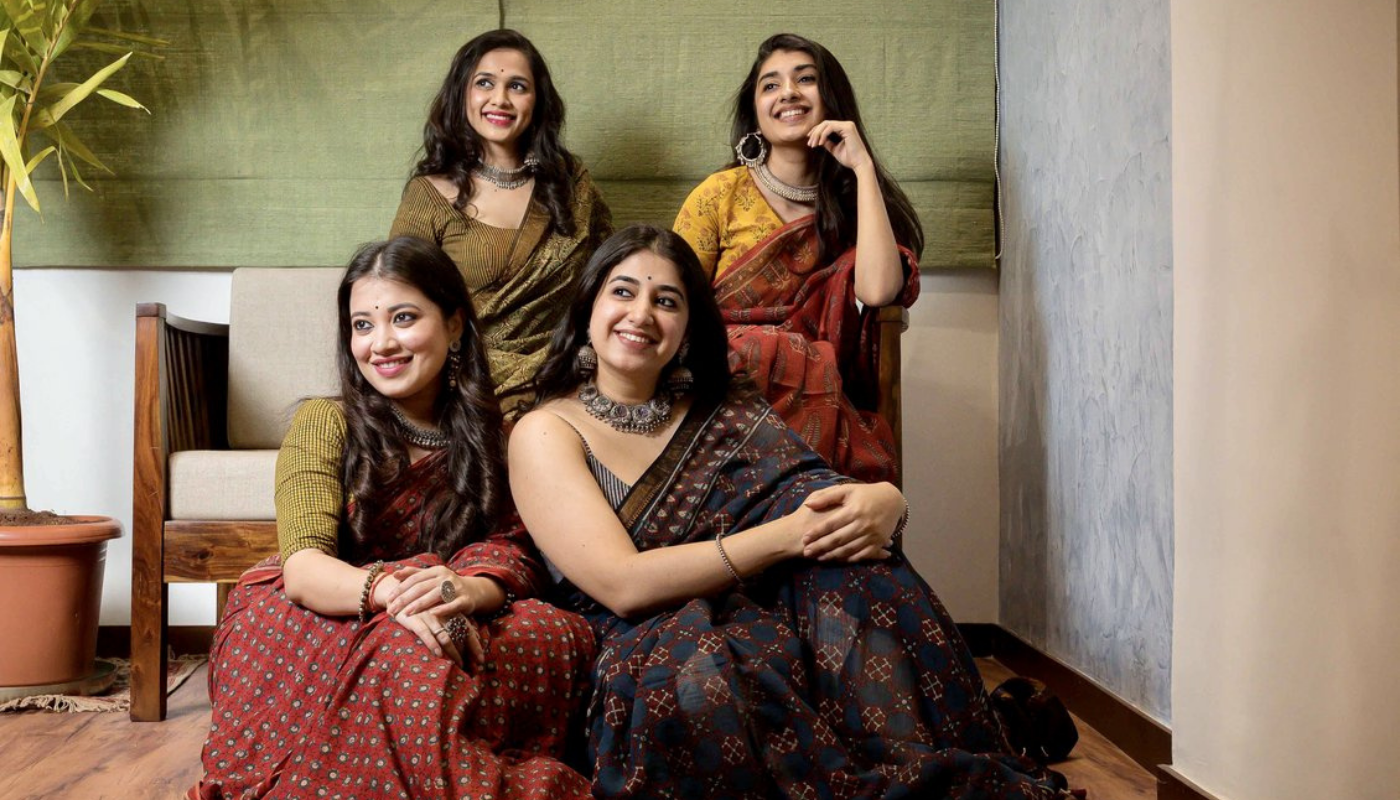Login to continue reading
And access exclusive content, personalized recommendations, and career-boosting opportunities.
Don't have an account? Sign up
Blogs you need to hog!

DU Admissions 2020: Analysing cut-off trends 2016-2019
D2C Admin


Startups Should Do Student Competitions to Get More Ideas and Resources
D2C Admin


How Employee Engagement and Productivity are Correlated?
D2C Admin


What Innovation Does For Efficiency and Competitiveness in a Corporate Sector?
D2C Admin
















Comments
Add comment